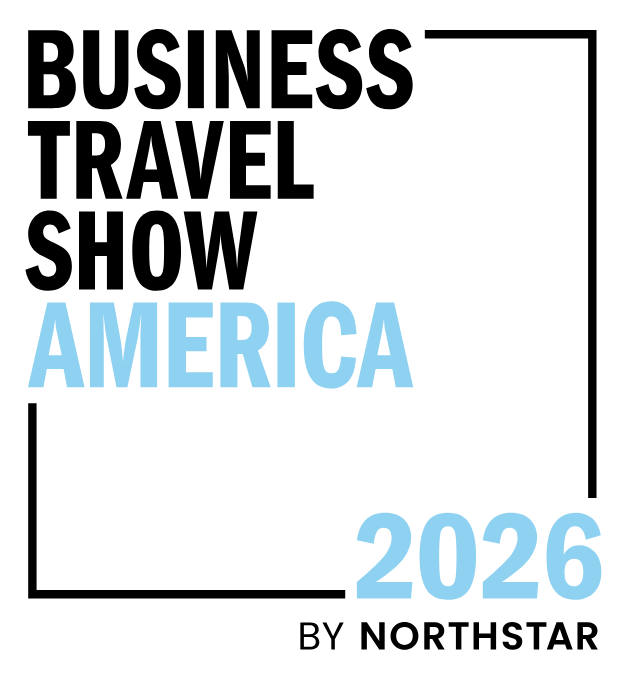Sept 30, 2025
The hidden cost of travel disruption: US companies spend over $17 billion a year when their employees' business trips don't go to plan

Nearly 9 in 10 (89%) global business travelers experienced disruption in the past 12 months, 87% in the US.
Cancellations grew, with 42% of US travelers being disrupted by cancelled trips in 2025, compared to just 25% in 2023.
Weather-related issues affected 50% of US professionals on work trips, up from 30% the previous year and higher than the global average (39%).
46% of US respondents missed or were late to meetings due to travel disruption, and 31% missed family obligations.
Chicago, 30 September 2025 — TravelPerk, the global AI-powered platform for travel and spend, today published its annual travel disruption report, revealing almost nine in ten (89%) global business travelers, 87% in the US, had a trip not go to plan in the past 12 months, and the cost is adding up.
TravelPerk estimates US businesses alone are spending more than $17 billion annually on mitigating the fallout from travel disruption, which represents roughly 4% of the country’s total business travel budget, projected at $395.4 billion by the GBTA.
The report is based on a survey of 2,000 business travelers from the U.S, as well as 5,000 from Europe. For the US, the research finds that weather-related events caused setbacks to 50% of business travelers, up from 30% the prior year. Cancellations are also on the up, with 42% of US professionals affected during business trips in 2025, compared to 25% in 2023. At a global level the increase is also clear, cancellations disrupted 36% in the past 12 months, up from 24% in 2023.
The financial cost of travel disruption
On average, US business travellers had to cancel or postpone 2 business trips in the past 12 months due to travel disruption.
For the 87% of US business travelers impacted by travel disruption, 43% reported incurring unexpected costs paid by their companies. The estimated annual surcharge per US business traveller disrupted was $502 for unplanned accommodation, $371 for local transportation, $356 for meals and food allowance and $497 for overtime costs.
Additionally, 77% of those affected had to rebook their trip, and they did so at an average 27% higher cost to their companies, which was not always covered by their insurance or transport provider.
Crucially, 28% said a travel disruption led to a missed business or sales opportunity in the past year, rising to 40% among C-level executives.
Roy Hefer, CFO at TravelPerk said, “Travel is not just a line item in the P&L, it is an investment in the company's future success. As such, it warrants the same thoughtful approach that we would apply to other investment decisions. A delay or cancellation doesn’t have to derail an entire trip or drive up costs. Companies that include flexible fares, cancellation cover, and buffer time in their travel policies are far better positioned to boost productivity and ensure return on investment.”
The human cost
Disruptions increased the US business travelers’ trip by an average of 6 hours (compared to global average of 4 hours 45mins), raised their stress levels (69%) and negatively impacted their work-life balance (57%), with trips often stretching into personal time:
43% had to change or cancel personal plans, including holidays.
31% missed a family obligation.
22% reported increased childcare or dependent-care costs.
Minimising the effects of disruption
US Companies and professionals are adapting to reduce its impact:
Anticipating disruption: 41% of business travelers book flexible fares, 25% add extra time into trips, and 49% now check travel updates more frequently.
Digital tools: 33% rely more on apps to stay informed.
Stricter company policies: One third (36%) of employers have introduced policies to control the effects of disruption, such as buying flexible tickets, requiring specific travel insurance, and using only approved booking platforms.
While travelers are increasingly turning to technology, human support remains essential in the US. 58% prefer speaking to a customer service agent on the phone or in-person when disrupted. Self-serve automation has become the second-most popular option (29%), and AI chatbots remain low at 7%.
Read full article here https://www.travelperk.com/press-release/the-hidden-cost-of-travel-disruption/



